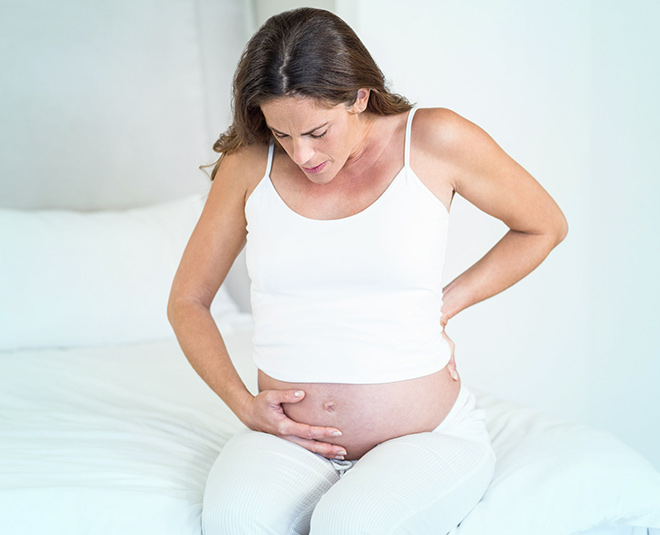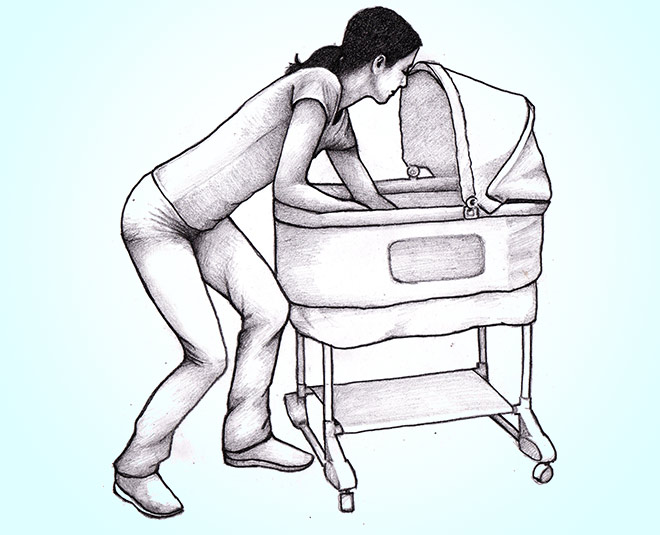
Pregnancy often means significant changes in the body that increase the stress on the lower back. With our unhealthy lifestyle coming into play, importance of exercise and good posture is not being paid attention to. There are more and more cases of back pain being reported. Young mothers are especially susceptible to this common health issue, however, many assume it to be a part of pregnancy.
Caring for an infant after delivery can put additional stress on your back. Similarly, lifting and carrying your baby on a daily basis can be especially hard on your spine. All these can make things worse, especially for women who had back pain problems prior to conception.
Here are some causes that you coul reflect on work on for a healthier you:
Choose seating with back support, and position your baby with pillows so you don’t have to lean forward to nurse. (You can also do a few shoulder-blade squeezes before feeding your baby, which activates the muscles that help support your upper back).

Image courtesy: mrptny.com
Keep your feet hip-width apart, and pull your child toward you. Then bend with your knees and pull in your abdominals as you lift her up to your chest. A sturdy stool or step may help too.
Don’t shimmy the baby into the narrow space between the seat and the tray. Removing the tray first makes this thrice-daily movement much more graceful and back-friendly.
Do not bend over! Instead squat down, tighten your stomach muscles, hold onto your child, and straighten your legs as you lift your baby up.
Avoid reaching in from the street if you can. Instead sit down next to the car seat with your child in your lap, then rotate your entire torso to the side and put him in the seat.
Whenever possible, use a squatting position to get your child in and out.
Studies show that constant slouching throws off your spinal alignment, causing muscles and ligaments to strain in order to keep you balanced.

Image courtesy: shopify.com
Poor nutrition does not mean inadequate nutrition. Poor nutrition entails making dietary choices that lead to nutritional deficiencies.
While the quantity of food may be significant unless it's nutritious and healthy it will not participate in rebuilding the body. Mothers are often made to believe that they need to consume huge quantities of food to provide milk.
This is also not true. The recommended additional nutritional requirement for lactation is only 500 calories. Instead, calcium and other vitamin supplementation with a sound nutritional plan should prevent deficiencies and promote good health.
Also watch this video
Herzindagi video
Our aim is to provide accurate, safe and expert verified information through our articles and social media handles. The remedies, advice and tips mentioned here are for general information only. Please consult your expert before trying any kind of health, beauty, life hacks or astrology related tips. For any feedback or complaint, contact us at [email protected].